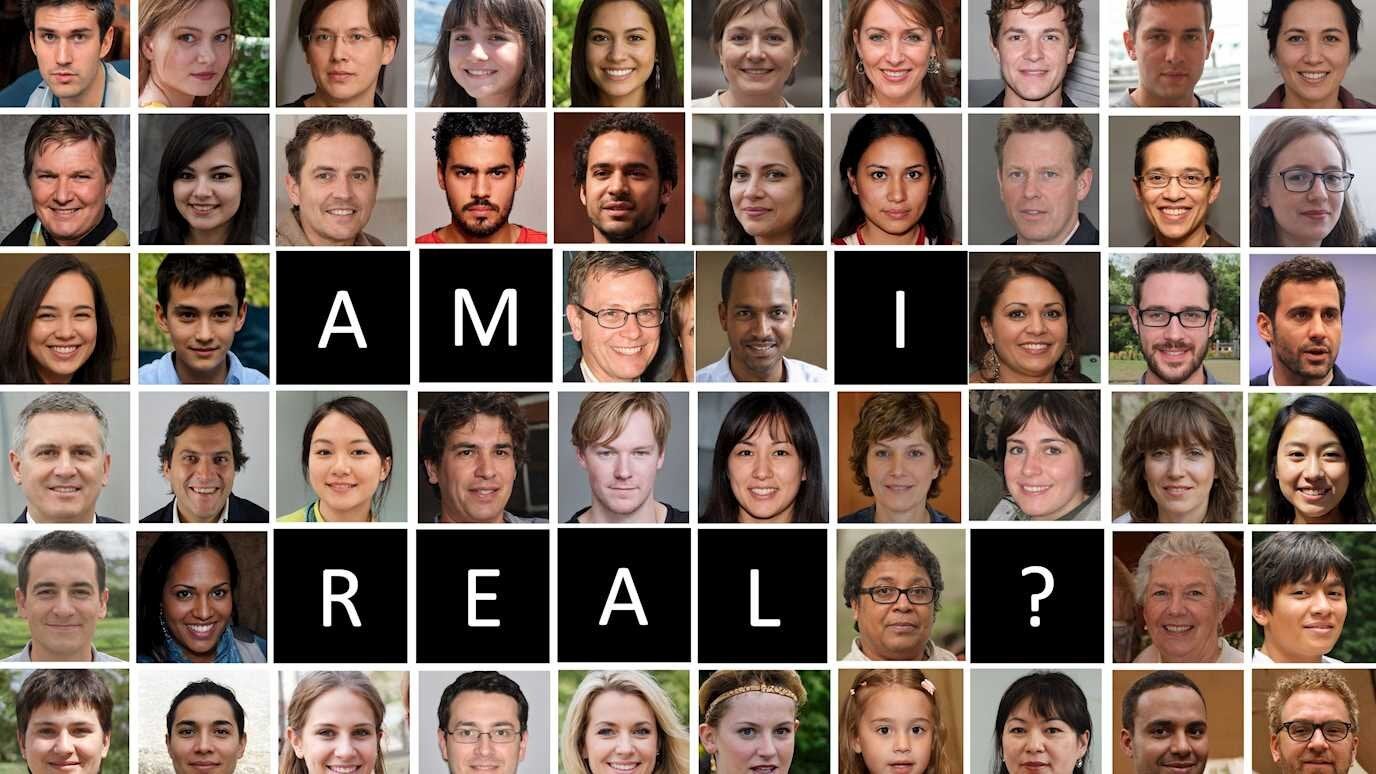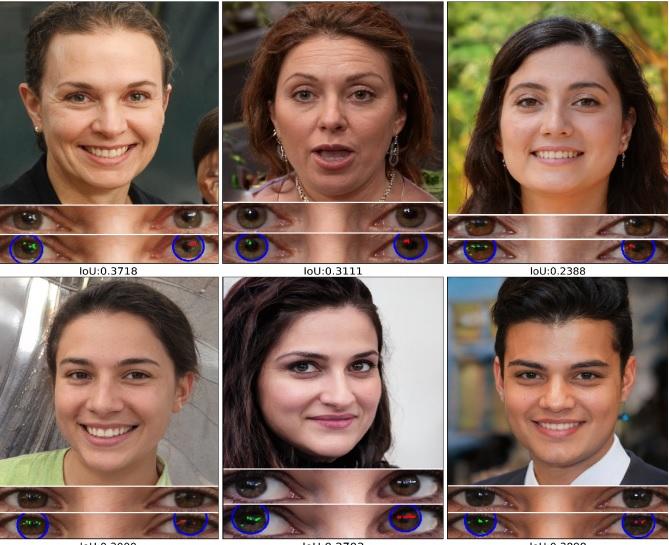AI-generated faces now look more real than ever. Can you spot the fake ones?
Study also raises concerns about AI algorithms being disproportionately trained on white faces
AI-generated faces of white people now seem more real than actual ones, according to a new study which raises concerns that the technology may be used to fool people.
More people thought AI-generated white faces were human than the faces of real people, while the same wasn’t true for the images of people of colour, according to research published recently in the journal Psychological Science.
“If white AI faces are consistently perceived as more realistic, this technology could have serious implications for people of colour by ultimately reinforcing racial biases online,” study co-author Amy Dawel from the Australian National University, said.
One of the reasons for this discrepancy, according to researchers, is that AI algorithms are being trained disproportionately on white faces.
“This problem is already apparent in current AI technologies that are being used to create professional-looking headshots. When used for people of colour, the AI is altering their skin and eye colour to those of white people,” Dr Dawel explained.
The study also found that the people who identified AI faces as real were most often confident that their judgements were correct, indicating people may not know they are tricked using such images.
This kind of AI “hyper-realism” when misused may lead to people not realising they’re being fooled, scientists warn.
While there are still physical differences between AI and human faces, researchers say people tend to misinterpret them.

For instance, the study found that white AI faces tend to be more in proportion which people mistake as a sign of humanness.
However, we can’t rely on these kinds of physical cues for long, researchers say.
With AI technology advancing rapidly, they say the differences between AI and human faces could “disappear soon”.

When that happens, scientists warn that it could have serious implications for the proliferation of misinformation and identity theft, urging for action to be taken seriously.
“AI technology can’t become sectioned off so only tech companies know what’s going on behind the scenes. There needs to be greater transparency around AI so researchers and civil society can identify issues before they become a major problem,” Dr Dawel said.
“Educating people about the perceived realism of AI faces could help make the public appropriately sceptical about the images they’re seeing online,” she added.
Join our commenting forum
Join thought-provoking conversations, follow other Independent readers and see their replies
Comments
Bookmark popover
Removed from bookmarks